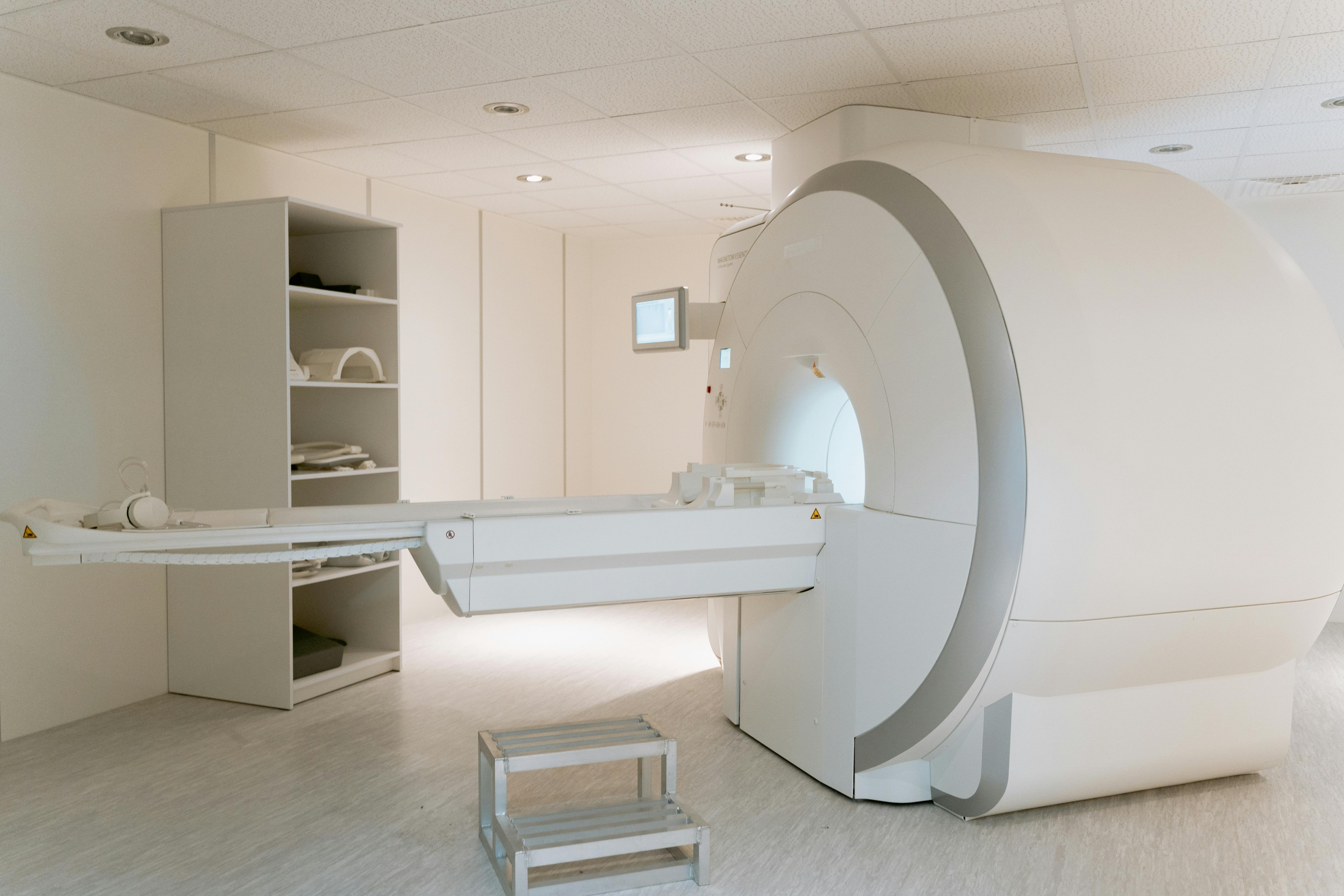
Medical imaging is the cornerstone of modern healthcare, providing critical insights into the human body that guide diagnosis and treatment. Among the various imaging modalities, Magnetic Resonance Imaging (MRI) has emerged as one of the most versatile and powerful tools. However, as diseases become more complex and patient demands increase, the need for advanced MRI technology has never been greater.
This blog explores why investing in advanced MRI technology is essential for improving healthcare outcomes and meeting the challenges of tomorrow.
What is MRI Technology?
MRI is a non-invasive imaging technique that uses magnetic fields and radio waves to create detailed images of organs, tissues, and other internal structures. It is widely used in diagnosing neurological disorders, musculoskeletal injuries, cardiovascular conditions, and more.
While standard MRI technology has served well, advancements in the field are pushing the boundaries of what’s possible, enabling earlier, faster, and more accurate diagnoses.
The Growing Need for Advanced MRI Technology
1. Rising Healthcare Demands
The global burden of chronic diseases, such as cancer, cardiovascular disorders, and neurological conditions, continues to rise. Accurate imaging is essential for early detection and effective management of these conditions. Advanced MRI systems offer better resolution, faster scans, and new capabilities that can help meet the growing demand for precise diagnostics.
2. Complex Medical Conditions
Diseases like Alzheimer’s, multiple sclerosis, and certain cancers often require highly detailed imaging for diagnosis and monitoring. Traditional MRI systems may struggle to provide the level of detail needed to identify early-stage abnormalities. Advanced MRI technology, such as 3T MRI machines or functional MRI (fMRI), can capture these intricate details with greater clarity.
3. Personalized Medicine
The future of healthcare is personalized medicine—tailoring treatment plans to the unique needs of individual patients. Advanced MRI systems can contribute significantly to this approach by offering functional imaging, diffusion imaging, and spectroscopy, which provide insights beyond structural abnormalities.
4. Faster Diagnosis for Better Outcomes
Speed is critical in medical emergencies such as strokes or traumatic injuries. Advanced MRI technology enables faster image acquisition without compromising quality. This allows physicians to diagnose and begin treatment sooner, improving patient outcomes.
5. Improved Patient Experience
Traditional MRI systems often require long scan times and may cause discomfort for patients, especially those with claustrophobia or children. Newer MRI machines offer:
- Faster scans to minimize time in the machine
- Wider bores for a more comfortable experience
- Noise reduction technology to decrease the loud knocking sounds typically associated with MRI scans
6. Lower Radiation-Free Alternative
Unlike CT scans or X-rays, MRI is a radiation-free imaging modality. By advancing MRI technology, we can reduce dependence on ionizing radiation-based imaging, offering a safer option for patients, especially for repeated scans.
Benefits of Advanced MRI Technology in Healthcare
- Higher Resolution: Delivers sharper, more detailed images to identify subtle abnormalities
- Faster Scanning Times: Reduces patient discomfort and increases throughput for healthcare facilities
- New Imaging Capabilities: Enables techniques like fMRI for brain activity mapping, diffusion tensor imaging (DTI) for neural pathways, and spectroscopy for chemical analysis of tissues
- Enhanced Research Opportunities: Supports cutting-edge medical research and innovation
Challenges in Implementing Advanced MRI Technology
While the benefits are clear, adopting advanced MRI systems comes with challenges:
- High Costs: Advanced MRI machines require significant investment, which may not be feasible for smaller healthcare facilities
- Training Needs: Technicians and radiologists must be trained to use these sophisticated systems effectively
- Maintenance Requirements: Advanced systems require regular maintenance and software updates to function optimally
Addressing these challenges is vital to ensure that the benefits of advanced MRI technology are accessible to all.
Conclusion
Advanced MRI technology is not just a luxury but a necessity in modern healthcare. It empowers clinicians with better tools to diagnose and treat complex conditions, improves patient comfort, and paves the way for groundbreaking medical research.
As healthcare evolves, so too must the technology we use. By investing in and adopting advanced MRI systems, we can ensure a future where accurate diagnoses, personalized care, and better health outcomes are within reach for everyone.